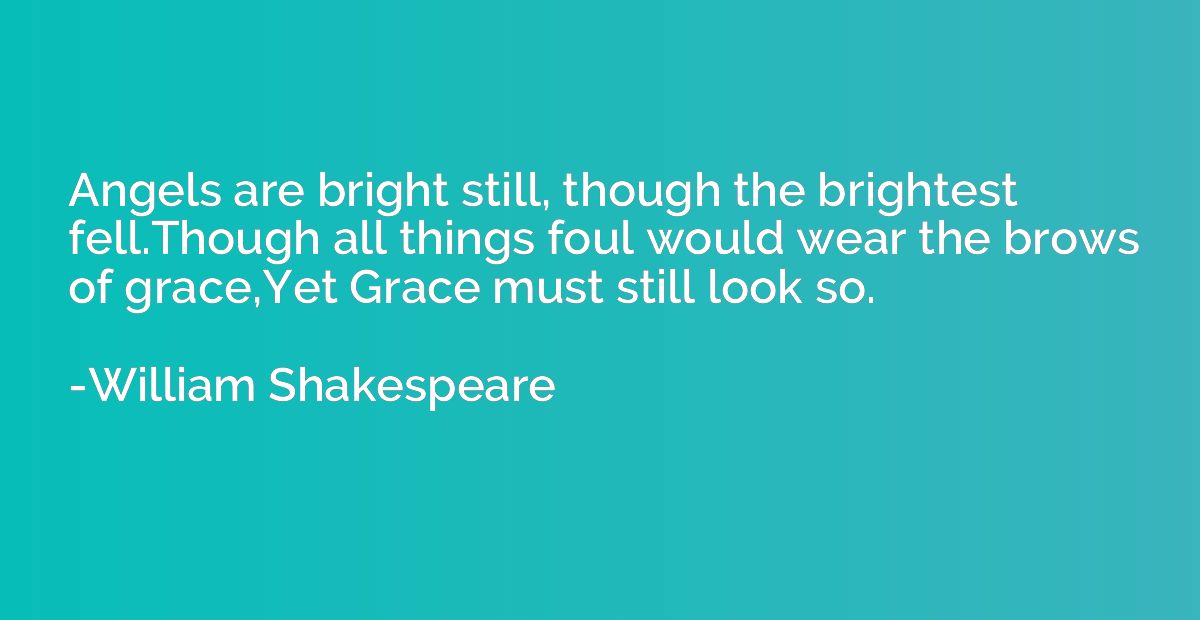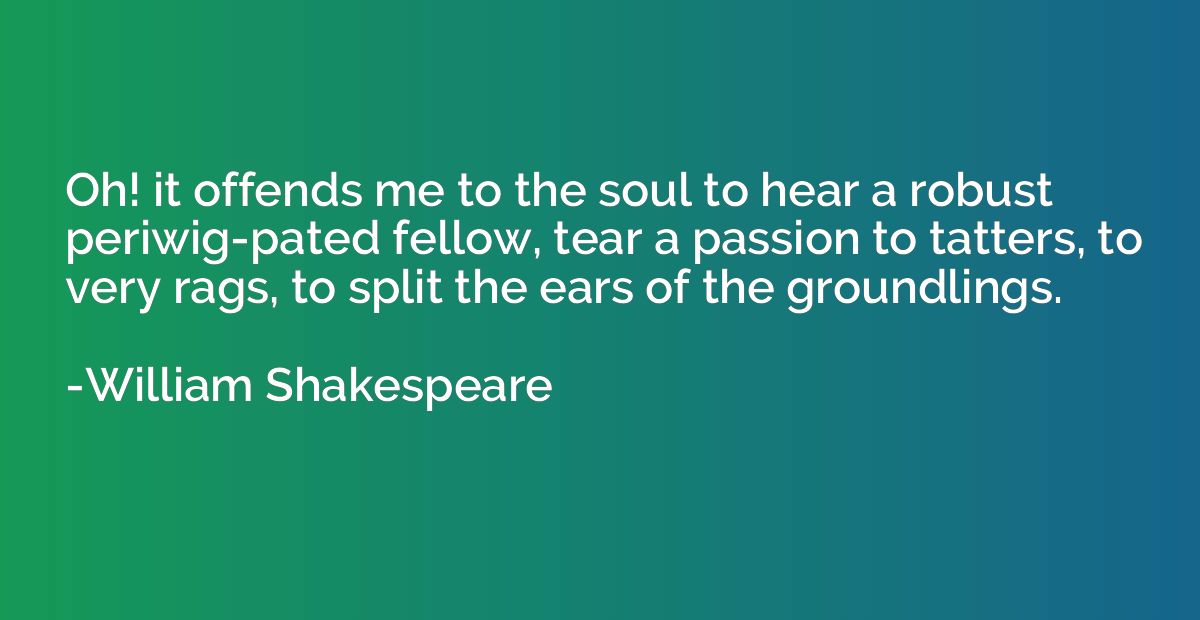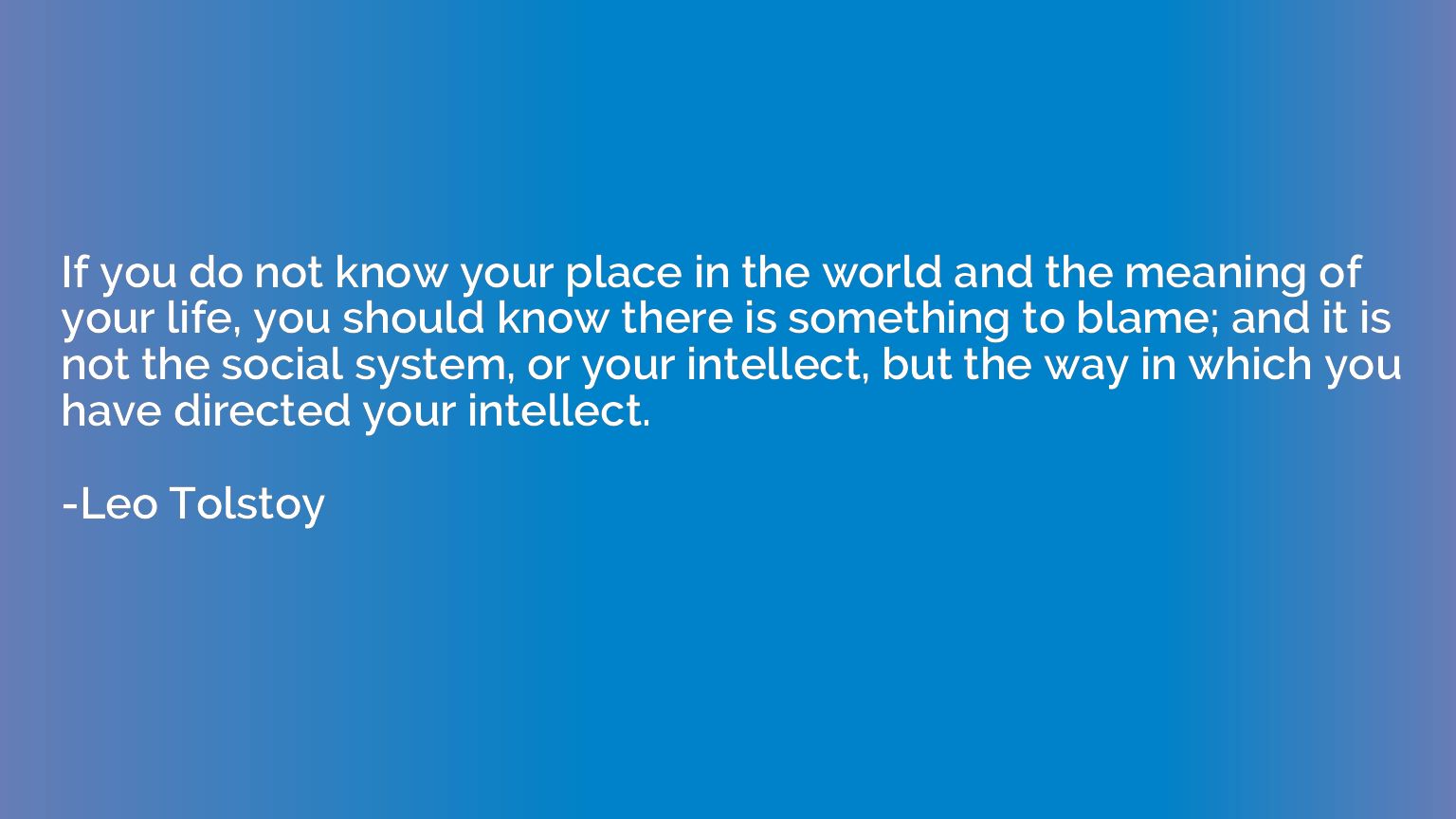Quote by William Shakespeare
Angels are bright still, though the brightest fell.Though all things foul would wear the brows of grace,Yet Grace must still look so.

Summary
This quote by William Shakespeare, taken from his play Macbeth, suggests that even though the brightest and once purest beings can fall and become corrupted, their inherent nature cannot be entirely extinguished. It implies that despite the prevalence of evil and deception in the world, true goodness and virtue will always radiate its light. It serves as a reminder that, even amidst darkness, grace must continue to maintain its genuine appearance and inspire hope in the face of adversity.














